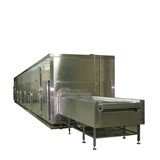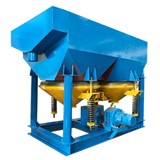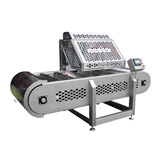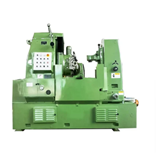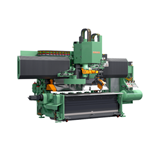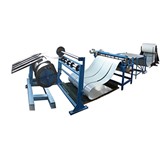As an extension of agriculture - already identified as one of the 'fantastic five' sectors that could be worth an extra $250 billion to the economy - the downstream processing of the 'dining boom' offers huge potential for the economy.
According to Rob McConnel, Deloitte agribusiness leader, "Similar to the fluctuations of the wider agribusiness sector, the local food processing sector has had a bumpy ride of late. The lower value, higher volume end of the market has struggled to compete with overseas processors not weighed down by a strong Australian dollar (A$) and relatively high input costs from labour and electricity."
"According to our analysis Australia needs to move from producing commodity products to growing, processing and supplying premium produce," continued McConnel.
"This is a sector in transition with a shake out of well-established players occurring alongside the emergence of specialists operating in the premium space where they are in a great position to exploit new market growth.
"After feeding ourselves, Australia can meet only a small percentage of Asia's current food demand – let alone its future demand. That suggests that our opportunity isn't so much to be the supermarket to Asia as its delicatessen – offering high-value, high-margin products," said McConnel.
"New Zealand has already done this, showing standout success in global dairy markets and turning its might in agribusiness into downstream manufacturing dominance as well. We are seeing increased interest from investment groups such as private equity, corporates and sovereign wealth funds in Australian food processing assets.
"This is being driven by factors such as retailers' desire to virtually integrate their supply chain, trace produce from farm to store and significant upside in the agribusiness growth sector overall. While exposing them to the upside, investing in a number of areas within food processing can help these investors to reduce their exposure to some of the variability of primary production assets including commodity prices."
McConnel continued, "Undoubtedly the strength of the A$ has hurt the food processing sector. However, there are other factors at play including our cost base as a manufacturing country driven by high labour and energy costs. Another inhibitor to competitiveness is the way which we regulate our food industry currently, with embedded costs further hurting our cost competitiveness.
"The Tasmanian salmon industry is a shining example of how Australia's more stringent regulatory practices have been turned into an advantage, to achieve a reputation as a product of the highest quality. One which Asia's growing middle classes are prepared to pay a premium for."
Co-author of Positioning for Prosperity? Deloitte Access Economics' Chris Richardson, said: "The DG25 reflects our analysis of those sectoral hotspots with the greatest potential to contribute to Australia's prosperity.
"As Asia's boom evolves and new domestic opportunities arise, our research shows that Australia's growth options remain excellent. Our future prosperity will come from a more diversified spread of sectors, enabling Australia to remain the fastest-growing developed Western nation in the world in the coming decade."


